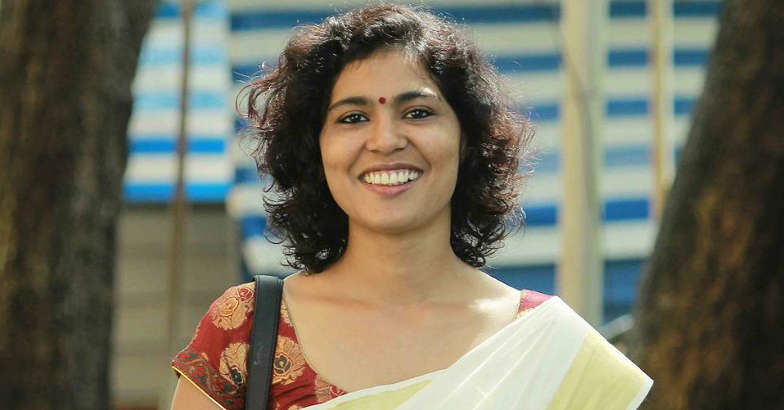Activist Rehana Fathima has moved the Supreme Court against a Kerala High Court order denying her anticipatory bail in cases concerning an edited video on social media allegedly of her minor children painting on her semi-nude body.
Ms. Fathima raises two questions of law concerning the application of Protection of Children from Sexual Offences Act and the provisions of the Information Technology law against her.
Fundamental right
She said the cases against her violate her fundamental right of life, liberty and dignity under Article 21 of the Constitution.
Ms. Fathima has questioned “whether female nudity [even when not visible] per se constitutes obscenity?” and “whether children painting on their mother s body can be concluded to be ‘sexual gratification’ and ‘child abuse’ under these stringent laws?”
Read Also: Plea in SC to initiate Contempt Proceedings against UP CM Yogi Adityanath in Vikas Dubey Encounter
The petition in the top court said “there can probably be nobody except a pervert who would be aroused to sexual desire by seeing the nature of the work. In addition, the petitioner’s message accompanying the uploaded edited video makes it clear that she intended to normalise the female form for her children and not allow the distorted ideas of sexualisation to pervade their minds.”
“Goddesses in Kerala are frequently depicted in idols and murals with bare breasts. When one prays at the temple the feeling is not of sexual arousal but one of divinity,” the petition noted, citing several other instances to explain the social context in Kerala.
It said Ms. Fathima has fully cooperated in the investigation and her conduct has been exceptional.



